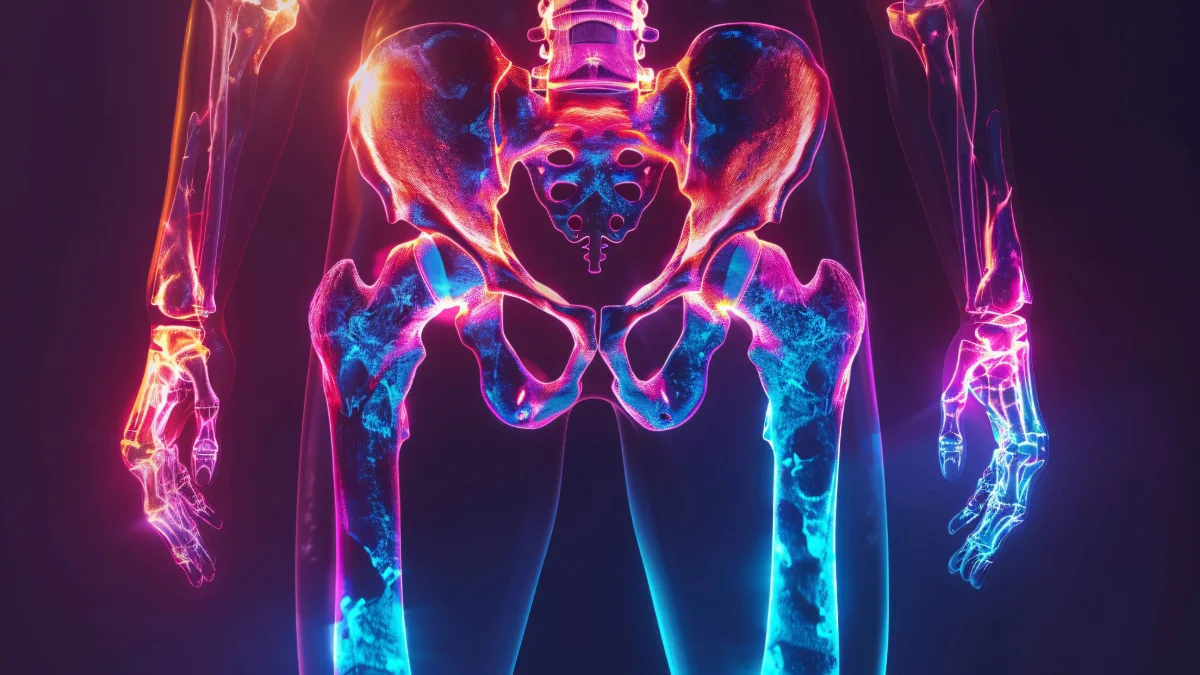In neurological health, one of the most complex and challenging conditions one can face is a brain tumour. A brain tumour is a growth of abnormal cells within the brain, characterized by their uncontrolled proliferation. These can cause a range of health issues, from localized damage within the brain to more systemic problems affecting the entire body. This article aims to provide an in-depth understanding of brain tumours, exploring their types, grading, and available treatment options.
Types of Brain Tumors
Primary Brain Tumours
Primary brain tumours originate within the brain itself. They typically begin as mutated brain cells that undergo abnormal growth. These tumours are further classified based on the specific brain cells involved. Among adults, the following primary ones are commonly encountered:
Astrocytoma: This malignant brain tumour derives its name from the star-shaped astrocytes, the brain cells from which it originates. Astrocytomas can manifest anywhere within the brain.
Meningioma: Predominantly benign, meningiomas initiate in the brain’s protective lining. Although often non-cancerous, they can exert pressure on vital brain regions or infiltrate nearby tissues, sometimes progressing to malignancy.
Oligodendroglioma: These tumours form within the cells responsible for producing the fatty lining that covers nerves, known as myelin.
Secondary Brain Tumours
In contrast, secondary brain tumours emerge when cancer originates in another part of the body and subsequently spreads to the brain. These metastatic tumours maintain the characteristics of the original cancer cells, resembling lung or breast cells, for instance. They are far more prevalent among adults, with the primary cancer source being lung, breast, colon, bladder, kidney, melanoma skin cancers, leukaemia, or lymphoma.
Prevalence in Adults and Children
Notably, secondary brain tumours are considerably more common in adults, while primary tumours are more frequently diagnosed in children. The reasons behind these age-specific trends remain elusive, with factors such as genetics and environmental influences potentially playing a role.
Tumour Grading
A critical aspect of managing brain tumours lies in their grading. Healthcare providers use a grading system established by the World Health Organization, which classifies tumours on a scale of I to IV, denoted by Roman numerals (I, II, III, and IV). This grading is informed by microscopic analysis of tumour cells and serves as a crucial determinant for treatment strategies.
Grade I: These tumours exhibit slow growth and typically do not invade nearby tissue. Often considered benign, they are amenable to surgical removal and have a low recurrence rate.
Grade II: Characterized by slow growth but the potential for invasion into adjacent brain tissue, Grade II tumours require a more cautious approach. Recurrence rates are higher, and they may transition to a faster-growing state over time.
Grade III: These tumours tend to infiltrate surrounding brain regions, necessitating additional treatment modalities alongside surgery.
Grade IV: Representing the most aggressive form, Grade IV tumours grow and spread rapidly, with a lower likelihood of curative treatment.
Recognizing Brain Tumour Symptoms
The symptoms associated with brain tumours are contingent on their size and location within the brain. Increased intracranial pressure due to mass effect or swelling can further exacerbate these symptoms. Common manifestations include:
- Headaches
- Dizziness
- Weakness or numbness in the arms, legs, or face
- Nausea or vomiting
- Changes in speech, vision, hearing, memory, or personality
- Seizures
- Persistent fatigue
- Balance or walking difficulties
Treatment Options and Hope
For those facing a brain tumour diagnosis, it’s essential to recognize that numerous treatment options are available today. These options are leading to longer survival rates and an improved quality of life. The choice of treatment depends on various factors, including the patient’s age, overall health, tumour type, grade, location, and other critical considerations. Collaborating closely with the medical team is pivotal in determining the best course of action.
In conclusion, brain tumours present multifaceted challenges, demanding a comprehensive understanding of their types, grading, and treatment avenues. With ongoing advancements in medical science, there is hope for improved outcomes and an enhanced quality of life for those affected by these complex conditions. If you or a loved one is facing a brain tumour diagnosis, consider reaching out to the experts at Avicenna International Hospital for brain tumour treatment in Turkey.
No, not all brain tumours are cancerous. Brain tumours can be categorized as benign or malignant. Benign tumours are non-cancerous, while malignant tumours are cancerous and can spread to other parts of the brain or body.
While some risk factors for brain tumours are beyond control, adopting a healthy lifestyle, avoiding exposure to harmful chemicals or radiation, and attending regular medical check-ups can help reduce the risk.
Some individuals explore complementary and alternative therapies alongside conventional treatments. However, it’s crucial to discuss these options with your healthcare team to ensure they are safe and appropriate.
Yes, they can recur after treatment, especially malignant tumours. Regular follow-up appointments and imaging tests are essential to monitor for recurrence.







